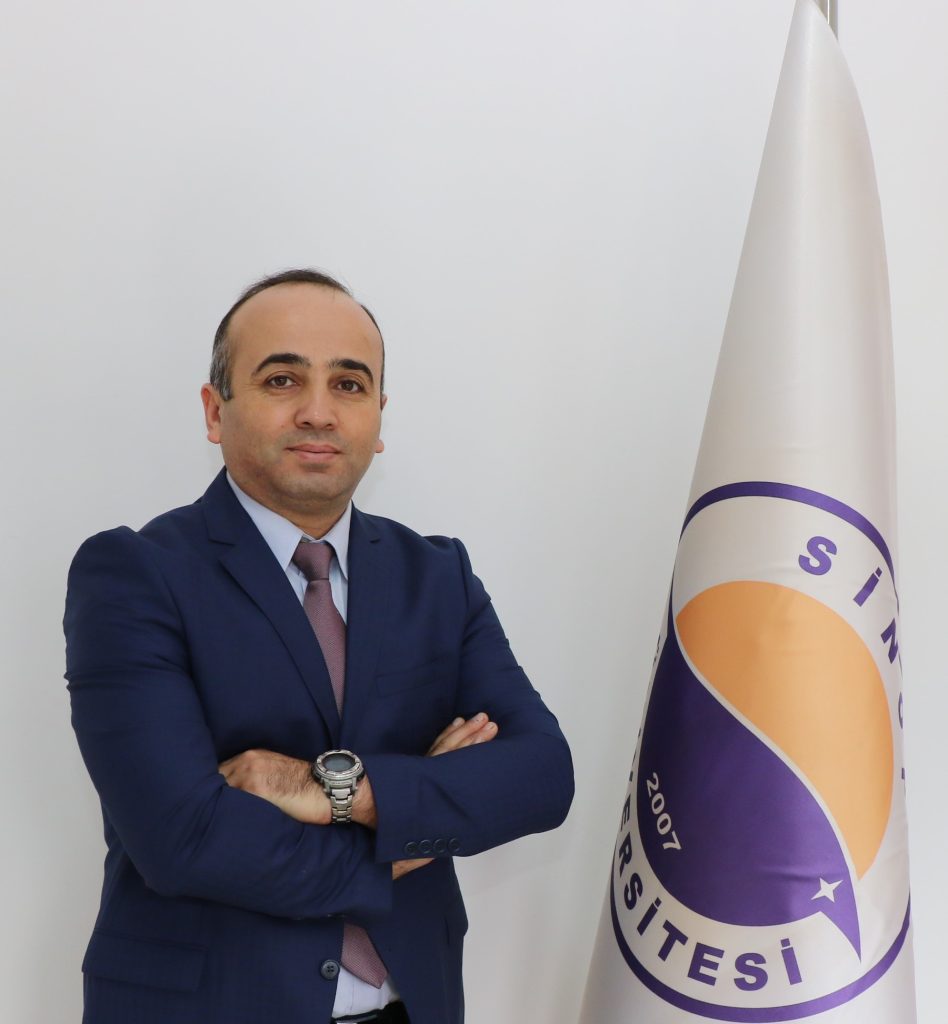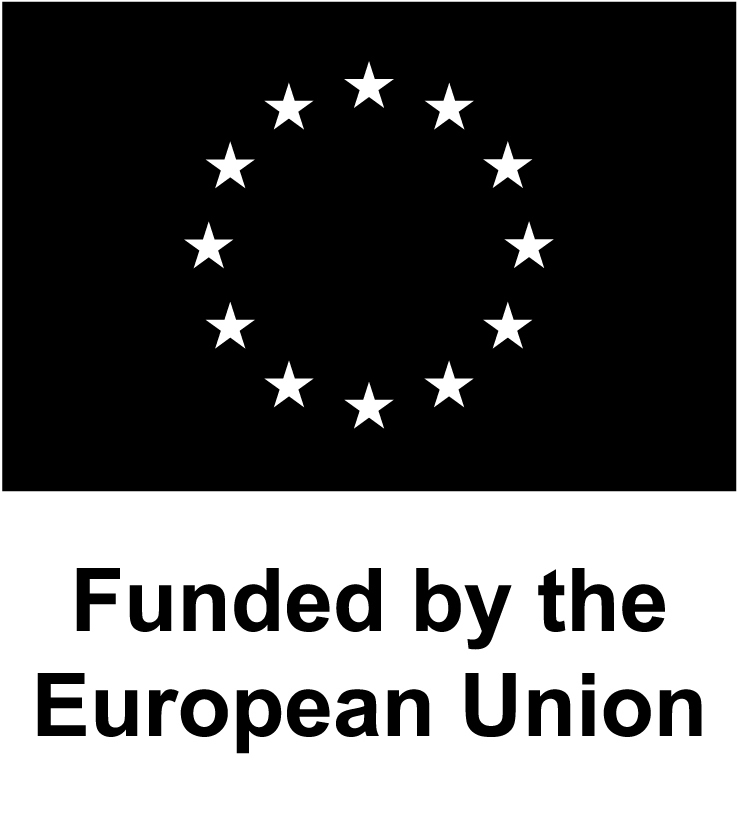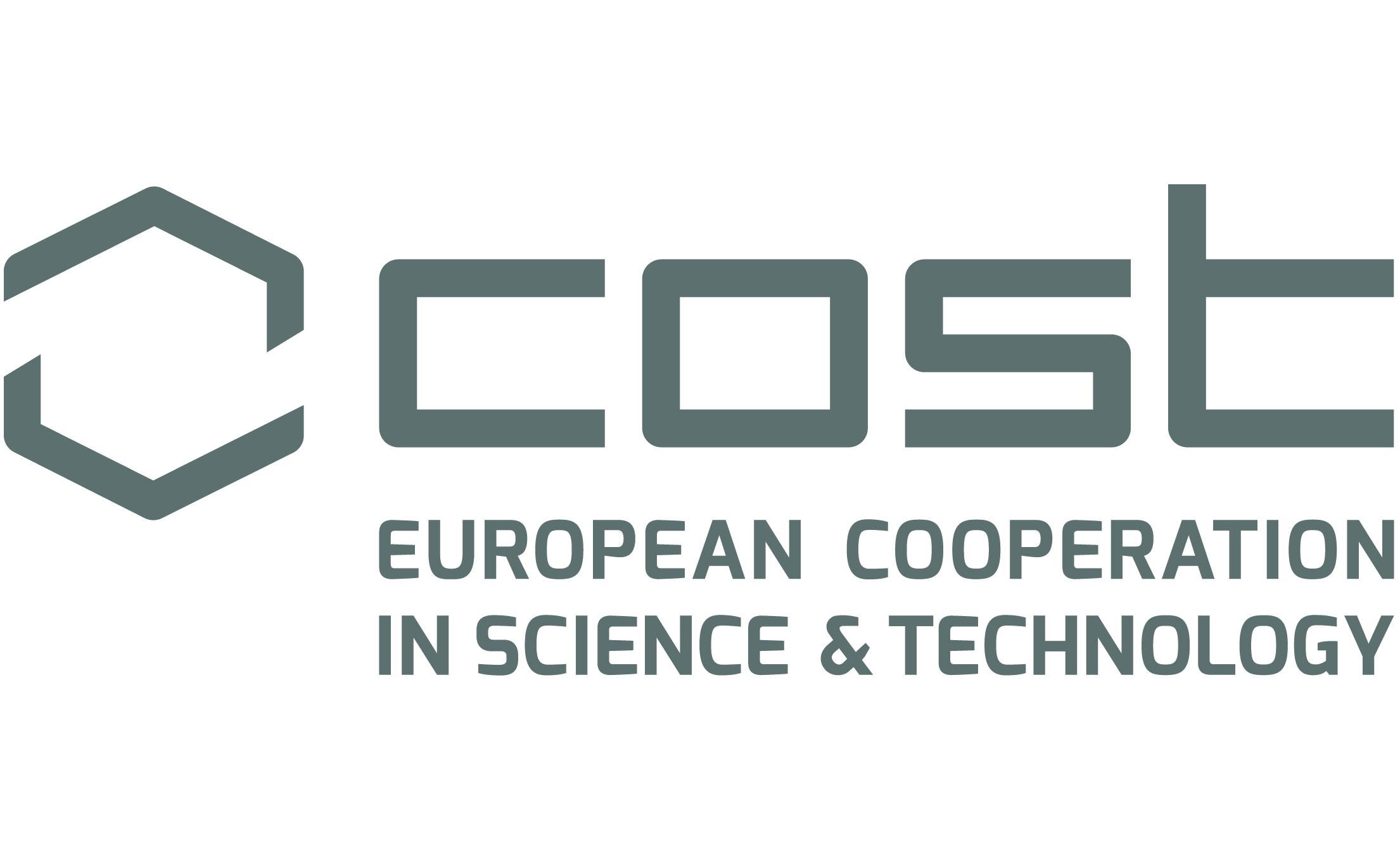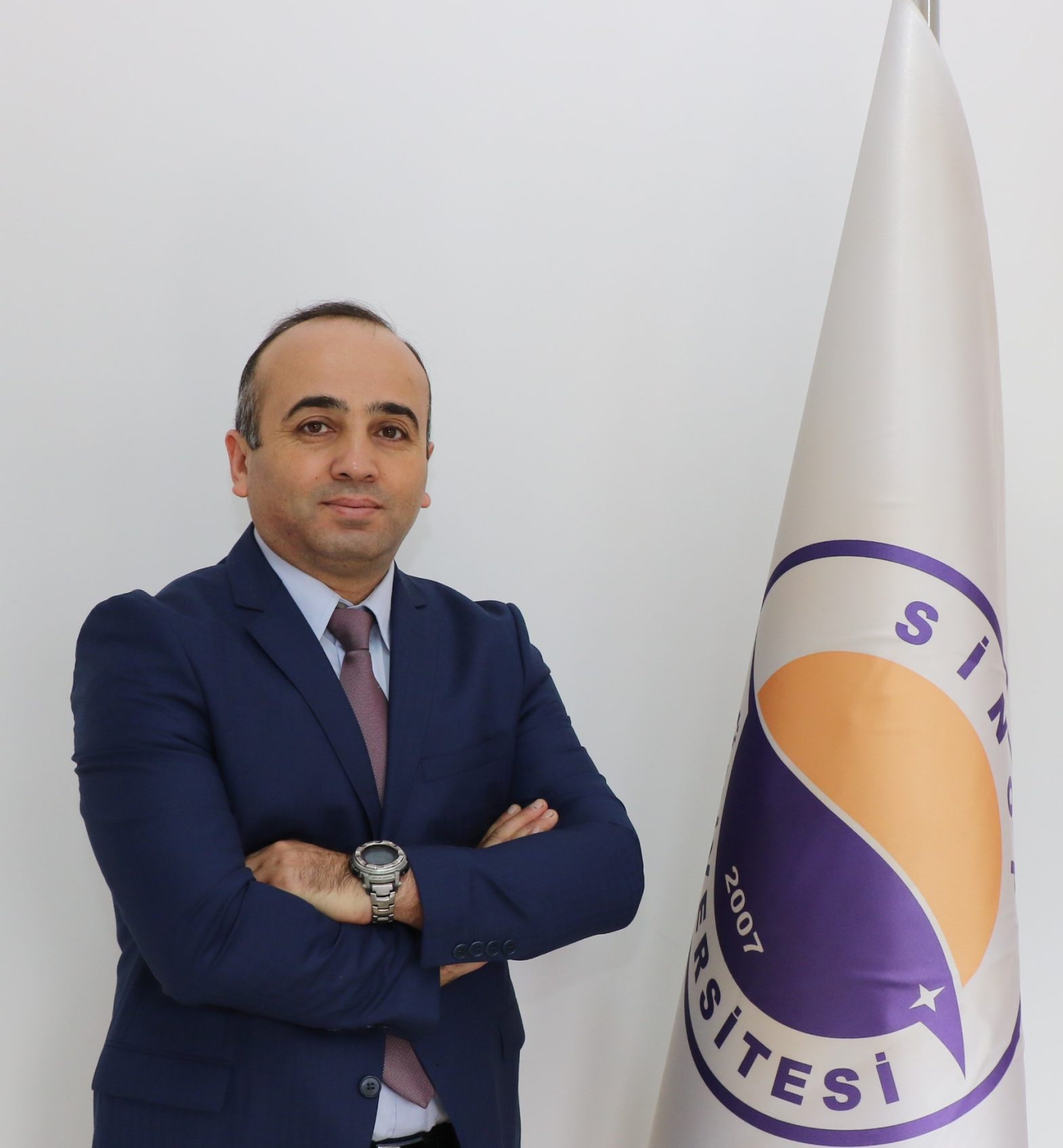Reflections on K-Peritia Event from Albania

Serdar Yener, PhD, Assistant Professor Sinop University, Sinop
It was an exciting experience for me participating in the K-Peritia meeting on Cultural Expertise in Albania.More than all previous training this training stood with much engagment and varied mix of thoughts . Interpersonal and group interactions were also high and firm. It was a transformative experience at so many levels; socially, intellectually and personally. Tirana event brought participants together, skilled diversified members from academia, field, government etc.
We came together as scholars, legal professionals, and cultural experts who are deeply committed to exploring how cultural knowledge can shape, enrich, and sometimes challenge legal decision-making. For me, this meeting provided an invaluable opportunity to delve deeper into the meaning of cultural expertise, its role in bridging tradition and modernity, and its potential to democratize access to justice.
Cultural Expertise as a Bridge Between Perceptions
As defined by Livia Holden, cultural expertise is “specialized knowledge deployed by experts of laws and cultures to assist decision-making authorities in the assessment of evidence.” what is most impressive and influencial for me in this defintion is its focus on supporting the validity of evidences and critical reflection. A cultural expert should not be understood merely as an interpreter of facts or traditions, but rather as a mediator who foregrounds the voices, contexts, and perspectives of those most directly affected by legal processes—voices that are too often insufficiently represented. This idea was discussed in previous events but particularly relevant when discussed in the context of Albania, a country where rapid societal transformations often have combined different religional, social and cultural traditions.
Through this event, I also had the chance to observe Albania as a country in terms of legal tradition and practice. In Albania legal pluralism is not just a theoretical concept but a lived reality. Statutory laws includes customary practices. Particularly in rural and mountainous regions, and these practices sometimes come into tension with modern values such as gender equality or individual rights. The trainings during the meeting highlighted how cultural expertise serves as a vital bridge in these situations, ensuring that legal outcomes are fair, contextually sensitive, and culturally informed. I appreciate Professor Ersida’s creative contributions through case studies. Dr Fatima also offered an equally impresive tarining that provided context and familiarity . It was very interesting to attend these trainings since in reflection I found many similarities with the Turkish and Mediterranean contexts, where tensions between tradition and modern legal frameworks frequently arise.
Learning from Case Studies and Ethical Dilemmas
Among the two engaging presentations, the case studies stood out as instructional tools for illustrating the practical applications of cultural expertise. For example, the Vjosa River dispute and the Blue Eye Natural Spring case showcased how cultural expertise provided an insight into the socio-cultural significance of natural landmarks. These cases demonstrated how environmental disputes are not just about ecological preservation but also about respecting local traditions, communal memory, and heritage. This perspective is highly relevant to the work we do in Türkiye, where environmental and cultural heritage conflicts often involve very similar tensions.
The fictional scenario of Teuta and the river crossing dilemma was particularly thought-provoking. Although fictional, the story raised complex questions about consent, moral agency, and cultural judgment. It brought about the fact that cultural expertise is not limited to interpreting “hard facts” but also involves engaging with ethical dilemmas, narratives, and emotions. Teuta’s story forced us to confront how cultural values shape our notions of justice, and how personal autonomy is often influenced by the weight of collective expectations. This case was a standing example of the importance of integrating ethical reflection into the work of cultural experts, especially in contexts where cultural narratives and individual rights might appear to be at odds.
The Voice of Cultural Expertise
What was most inspiring during the Tirana meeting was the emphasis on the voice of most affected by injustice withint the local culture. Cultural expertise prioritizes the perspectives of those directly impacted by legal and administrative decisions. Whether it is the voice of Indigenous communities fighting for self-determination or minority groups seeking recognition and justice, cultural expertise ensures that these perspectives are not overlooked or misunderstood. Again on reflection on Türkiye, where cultural and ethnic diversity is often accompanied by political sensitivities, the ability to amplify marginalized voices through informed cultural expertise can make a tangible difference in achieving justice.
Professor Livia Holden’s significant theoretical framework made this concept and the members of K-Peritia action very aware and positively engaged. I am personally very satisfied with the depth of knowledge I gained since joining the action. I would like also to extend my thanks to Dina Haddad the Vice Chair for her support. She guided the process while making sure participants feel safe and alwys engaged. She always offered solutions and insight in deep discussions and confusing situations.
K-Peritia as a Collaborative Platform
As far as my experiences wihtin the action since the beginning, K-Peritia stands as more than just a network; it is a collective movement towards redefining and professionalizing cultural expertise.
I am particularly drawn to the collaborative spirit of K-Peritia, since the emphasis on junior experts, inclusivity, and cross-cultural perspectives resonates with my own academic and professional journey. By engaging in activities such as developing the CULTEXP database, contributing to policy-making guidelines, and participating in training programs, we are collectively working toward making cultural expertise accessible, inclusive, and globally relevant.
Personal Takeaways from Tirana
The training sessions were both thoughts provocative and insightful . They emphasised that cultural expertise is not a static concept but an evolving practice that requires constant dialogue between disciplines, traditions, and experiences. Some of my key takeaways include:
The Need for Interdisciplinary Approaches: Cultural expertise thrives at the intersection of anthropology, law, sociology, and history. The meeting underscored how each discipline brings unique insights into understanding cultural dynamics in legal contexts.
Ethics and Professionalization: One recurring theme was the need for clear ethical guidelines and accreditation systems for cultural experts. This is especially relevant for junior experts who face challenges in establishing credibility and navigating complex ethical dilemmas.
Digitalization of Cultural Knowledge: The digital transformation of cultural expertise—through platforms like CULTEXP—is essential for democratizing access and fostering cross-border collaboration. I see great potential in leveraging digital tools to connect experts and share best practices across different jurisdictions.
The Türkiye Context and My Contribution
Coming from Türkiye and working at Sinop University, I find that the themes explored in Tirana resonate strongly with the challenges and opportunities in our region. The Turkish socio-legal landscape, like the Albanian, is characterized by a mix of modern legal frameworks and traditional practices. Issues related to minority rights, migration, and cultural heritage require a nuanced understanding of cultural dynamics—an understanding that cultural expertise can provide.
As a member of WG1, I am particularly interested in exploring further:
How can cultural expertise be better integrated into court proceedings or mediation processes in Türkiye?
What role can digital platforms play in documenting and sharing case studies relevant to our region?
How can we develop training and mentorship programs to support emerging cultural experts, especially those working in politically sensitive areas?
Looking Ahead
My experience in Tirana’s training, was both inspiring and challenging. Inspiring, because I have witnessed firsthand the role of cultural expertise in making legal systems more inclusive and just. Challenging, because I recognize the work that lies ahead in building networks, frameworks, and resources that can sustain this momentum.
This output is based upon work from K-Peritia CA22101, supported by COST (European Cooperation in Science and Technology).









